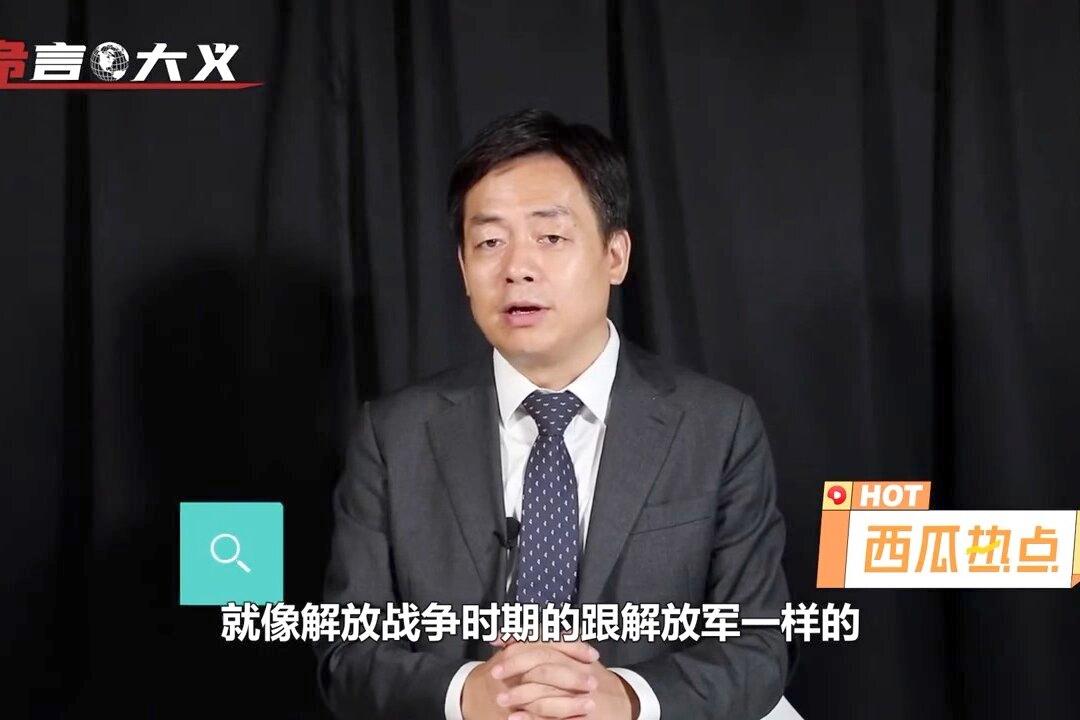A professor with close ties to the Chinese regime has recently drawn controversy after describing the Taliban as Afghanistan’s own “People’s Liberation Army” (PLA), the official name of the Chinese Communist Party’s (CCP) military forces.
In a video on Aug. 3, Wang Yiwei, an international relations professor at Beijing’s Renmin University of China, calls for people to cast off negative perceptions they may have about the militant group. Wang is also a special fellow at the Center for Contemporary World Studies, a think tank run by a high-ranking Party body, the International Department of the CCP’s Central Committee.



